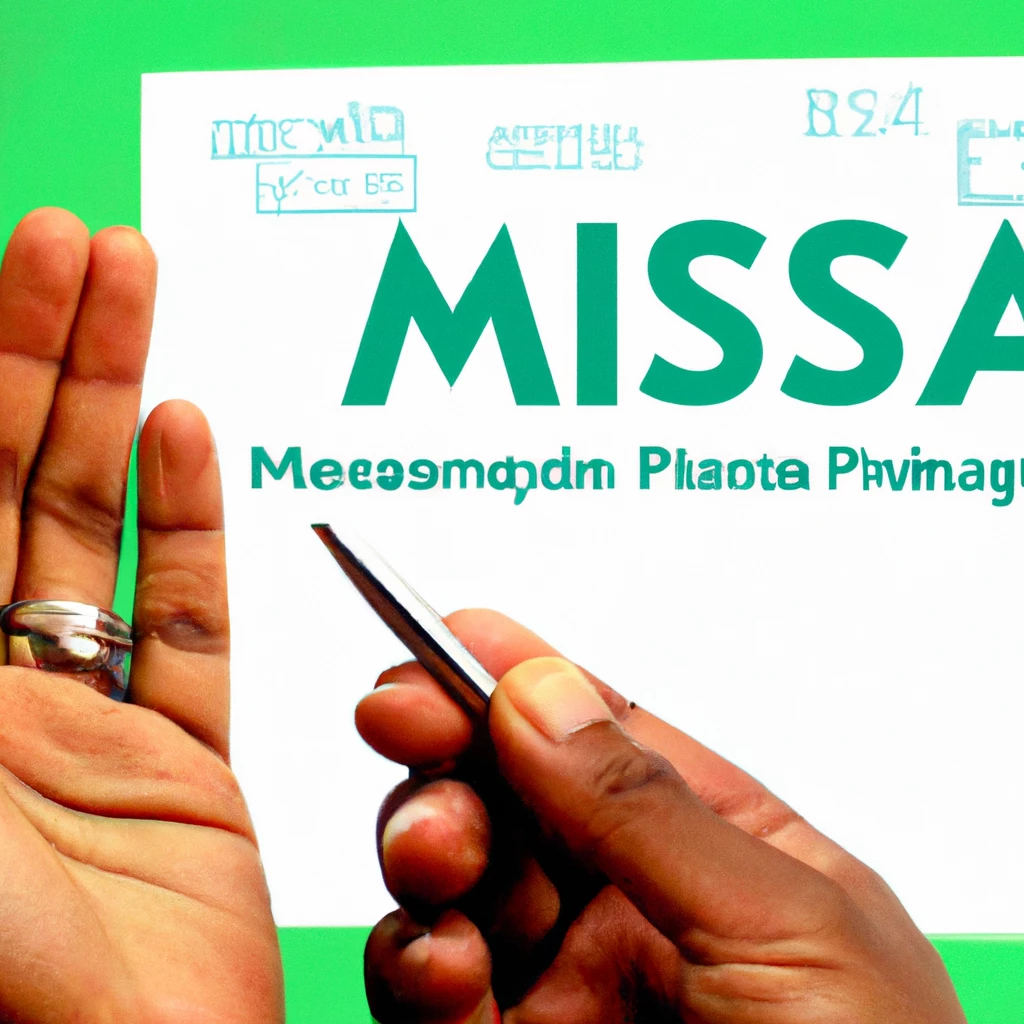What Is M-Pesa?
M-Pesa, a revolutionary mobile banking service, enables users to store and transfer money via their mobile phones. Launched in 2007 by Safaricom, the leading mobile operator in Kenya, M-Pesa provides financial access to the population. A collaboration between Safaricom and Vodacom since 2020, M-Pesa now operates in several African countries including the Democratic Republic of Congo, Egypt, Ghana, Kenya, Lesotho, Mozambique, and Tanzania.
M-Pesa’s name derives from ‘mobile’ (M) and ‘money’ or ‘payment’ in Swahili (Pesa).
Financial inclusion is a driving force behind Fintech innovations like M-Pesa, aimed at providing banking services to the underbanked and unbanked. Collaboration across sectors is essential to create a seamless digital platform for this initiative to thrive.
In sub-Saharan Africa, M-Pesa exemplifies the rapid development of cross-communication strategies between the telecommunications and banking sectors to offer mobile banking services to those with limited traditional banking access.
Understanding M-Pesa
M-Pesa functions as a virtual banking system that facilitates transactions through a SIM card. Users can make payments and transfer money by sending SMS messages once the SIM card is inserted into their mobile device’s slot.
Unbanked individuals can access M-Pesa outlets nationwide to digitally store money through kiosk attendants, who transfer funds to the user’s M-Pesa account.
Digitally collected cash is stored in an M-Pesa trust account, functioning similarly to traditional checking accounts for bill payments and deposits.
M-Pesa offers transaction receipts for transparency, requiring PIN verification for all transactions and providing SMS notifications to both parties.
An Example of M-Pesa
For instance, a farmer without a bank account can deposit sale proceeds to his M-Pesa account through a kiosk agent, receiving instant SMS notifications of the transaction details.
Withdrawals are also effortless, as users can access cash from their accounts using personal PINs provided by M-Pesa attendants.
Special Considerations
M-Pesa minimizes the risks associated with carrying physical cash, benefiting market traders, cab drivers, and individuals by enabling secure financial transactions through mobile payments.
Small business owners, particularly in remote areas, find M-Pesa highly beneficial for their financial transactions.
To prevent fraud, M-Pesa is subject to regulations in each operating country, mandating user registration with necessary identification details for transaction traceability.
Does M-Pesa Work in the U.S.?
M-Pesa currently does not offer services in the U.S., operating exclusively in seven African nations as of now.
What Services Are Available on M-Pesa?
M-Pesa enables users to deposit, withdraw, accept mobile payments, and make purchases at participating merchants, functioning akin to standard checking accounts with mobile capabilities.
What Is an Example of Mobile Money?
Mobile money refers to electronically transferrable funds connected to a bank or prepaid gift card; services like PayPal and Venmo serve as commonly known examples similar to M-Pesa.
The Bottom Line
Since its inception in 2007, M-Pesa has expanded from serving unbanked Kenyan residents to encompassing six additional African nations. Operating like popular payment apps such as PayPal, M-Pesa eliminates the need for traditional bank accounts. Through M-Pesa agents, users can seamlessly convert between cash and electronic funds, fostering financial inclusivity and convenience.
